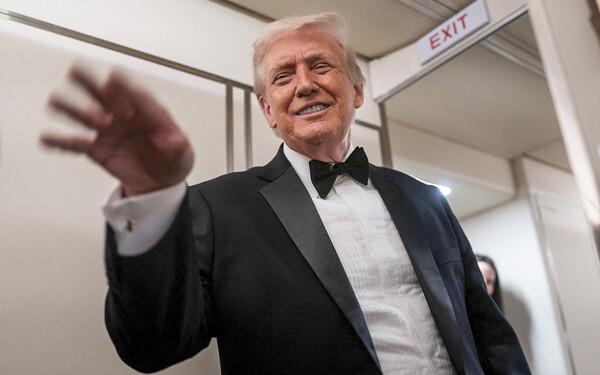
The Trump administration is planning a series of changes in economic and fiscal matters that promise to have a significant impact on various sectors. Among the proposals is the extension of the 2017 tax cuts, with the intention of accelerating economic growth and generating inflation. However, this plan also entails an increase in public debt, which could reach 141% of GDP by 2034. Additionally, the fiscal policies proposed by Trump are expected to generate uncertainty in financial markets, particularly regarding possible tax changes that could affect corporate profits.
Regarding financial regulation, it is anticipated that Trump will implement measures to deregulate the sector, with a specific focus on the cryptocurrency industry. The Securities and Exchange Commission is expected to adopt a more favorable stance toward cryptocurrencies under the Trump administration, which has led to an increase in the value of bank stocks. Furthermore, Trump is expected to seek to reverse the regulatory policies introduced during the Biden era, which could have a significant impact on the financial industry.
Concerning immigration, Trump has promised to implement large-scale deportations, one of his main campaign promises. However, logistical, legal, and political obstacles could hinder the effective implementation of these measures. Likewise, Trump is expected to seek to reverse several executive orders issued during the Biden era regarding immigration, which could generate controversy and additional challenges.
In terms of monetary policy, Trump's victory has generated expectations of significant changes in interest rates and public debt. While Trump cannot make tax decisions without congressional approval, he is expected to appoint sympathetic regulators who promote his fiscal policies. These measures could impact financial markets and the economy in general, creating uncertainty and volatility.
In summary, the Trump administration is preparing to implement a series of changes in key areas such as fiscal policy, financial regulation, immigration, and monetary policy. These measures could have a significant impact on the economy and financial markets, generating both opportunities and challenges for various sectors.














